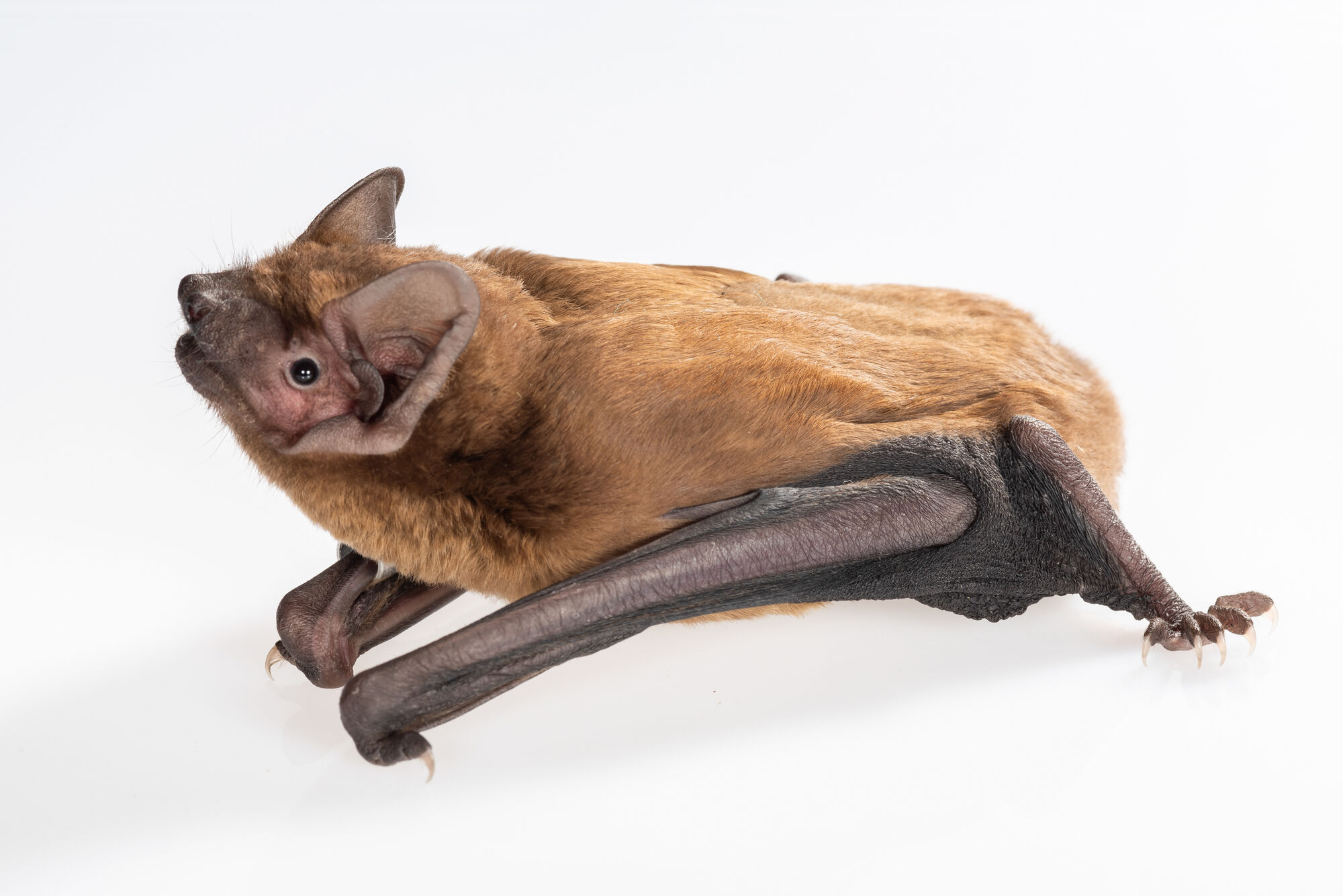Hibernation is common for mammals, especially bats, and even some primates hibernate. In this current study, the interdisciplinary team of researchers from the University of Greifswald, University Medicine Greifswald, the TU Dresden, the Friedrich-Loeffler-Institut, Federal Research Institute for Animal Health (FLI) and the German Center for Cardiovascular Research (DZHK) compared the mechanical properties of hundreds of thousands of individual erythrocytes from a hibernating native bat species, the common noctule (Nyctalus noctula), a non-hibernating bat species, the Egyptian fruit bat (Rousettus aegyptiacus), and healthy human donors. Data was collected for temperatures between 10 °C and 37 °C.
In all three species, the individual erythrocytes became more viscous when the temperature of the blood samples was lowered from a normal body temperature of 37 °C to a temperature of 10 °C, which is typical for temperatures in hibernating mammals. The observed behaviour is a result of the properties of the cell membrane and is much more evident in both bat species than in humans. Interestingly, this special adaptation in bats is not only down to seasonal fluctuations such as changing diets and surrounding temperatures.
Humans are unable to significantly lower their core body temperature in order to save energy. Based on the collected data, it could be possible in the future to develop pharmaceutical methods that change the mechanical properties of human erythrocytes, in order to optimise the blood circulation in artificially induced states similar to hibernation. If this were successful, the dream of hibernation for extended space missions could also come a step closer.
Further Information
The photo is available on request from pressestelleuni-greifswaldde and can be used for free for editorial purposes in combination with this media release. In the event of publication, the name of the photographer must be mentioned.
Contact at the University of Greifswald
Professor Dr. Gerald Kerth
Applied Zoology and Nature Conservation
Zoological Institute and Museum
Loitzerstrasse 26, 17489 Greifswald
Tel.: +49 3834 420 4100
gerald.kerthuni-greifswaldde
https://zoologie.uni-greifswald.de/en/organization/departments/applied-zoology-and-nature-conservation/
Prof. Dr. Oliver Otto
Professor of Cellular Biophysics
Institute of Physics
Friedrich-Ludwig-Jahn-Str. 15a, 17489 Greifswald
Tel.: +49 3834 420 5602
oliver.ottouni-greifswaldde
https://physik.uni-greifswald.de/en/research-groups/theoretical-physics/cellular-biophysics-prof-oliver-otto/

